Graphic
Lucky Stairs 5 worm, root, wort... & bane
-
Ringatoi Matua / Design Director
Duncan Munro
-
Ngā Kaimahi / Team Members
Emma Ng (Editor), Russet Lederman (Advisor) -
Kaitautoko / Contributors
Alice Austen House Press (Publisher), Victoria Munro, Pip Adam, and Susan Bright -
Client
Ann Shelton / Alice Austen House Press
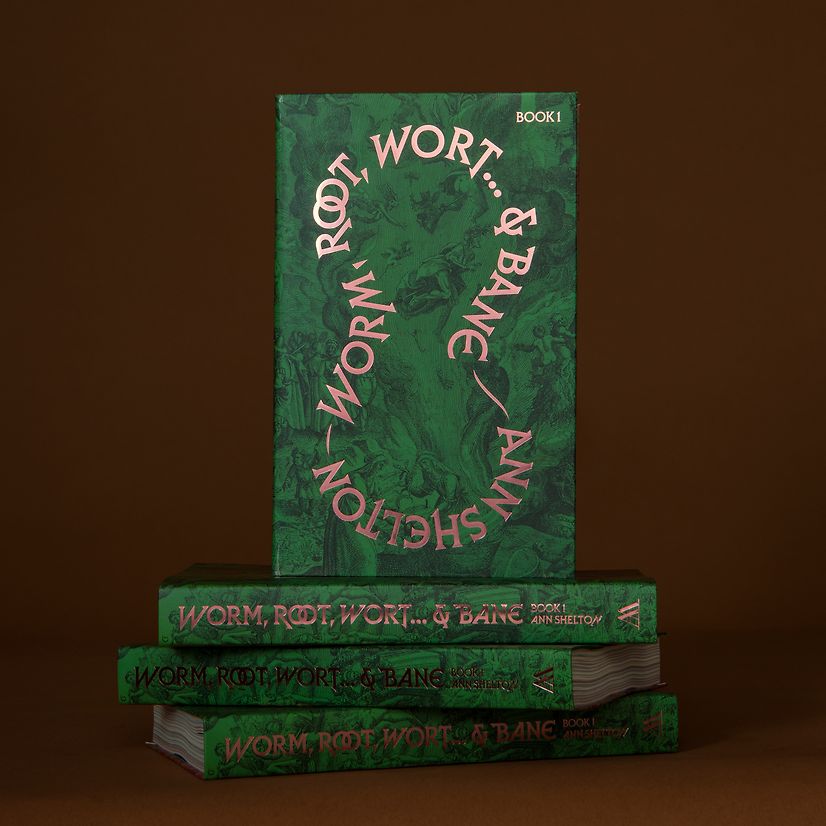
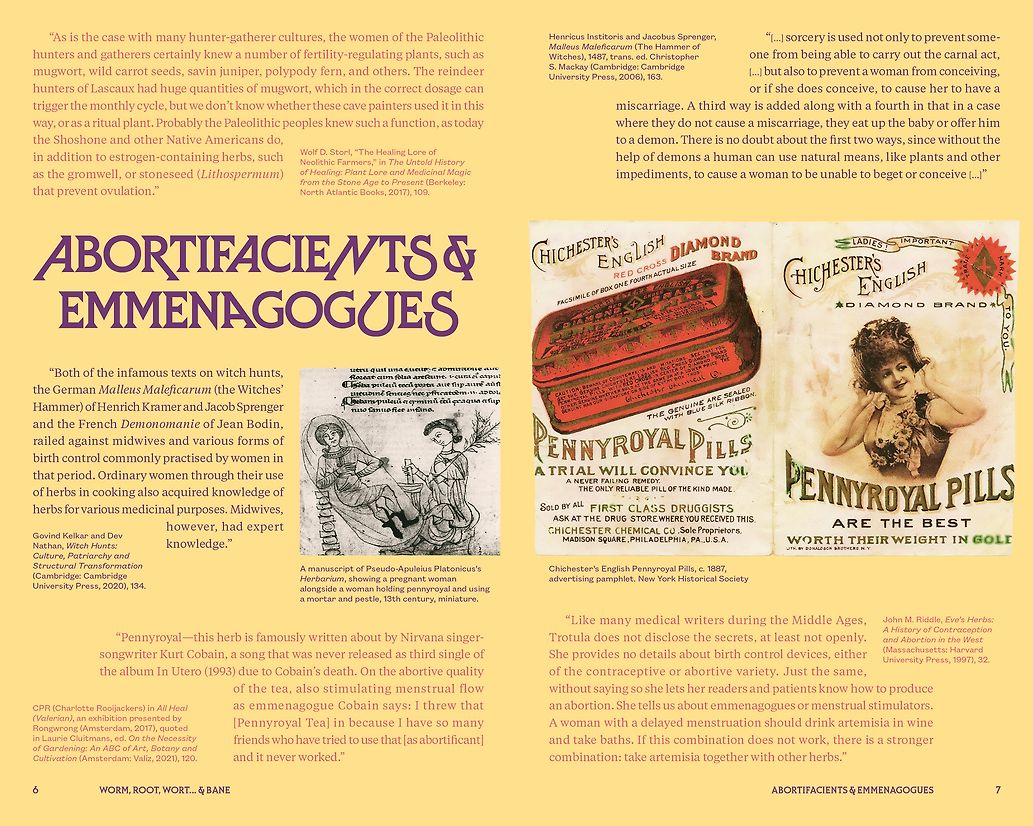
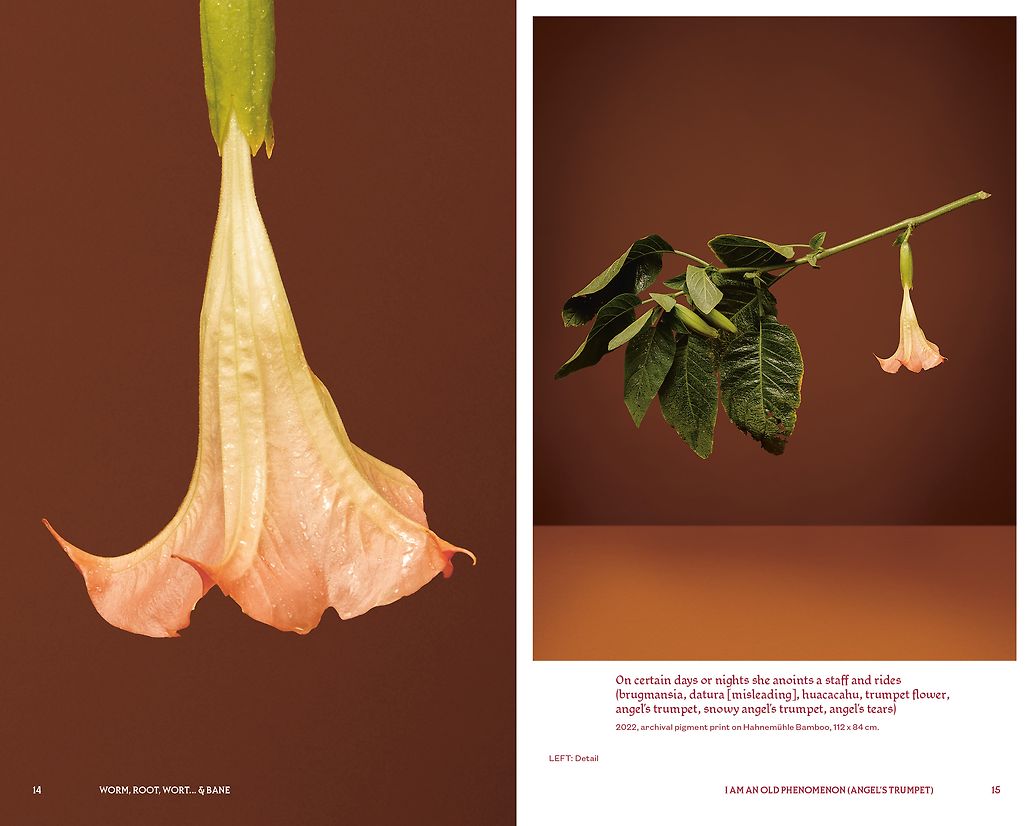
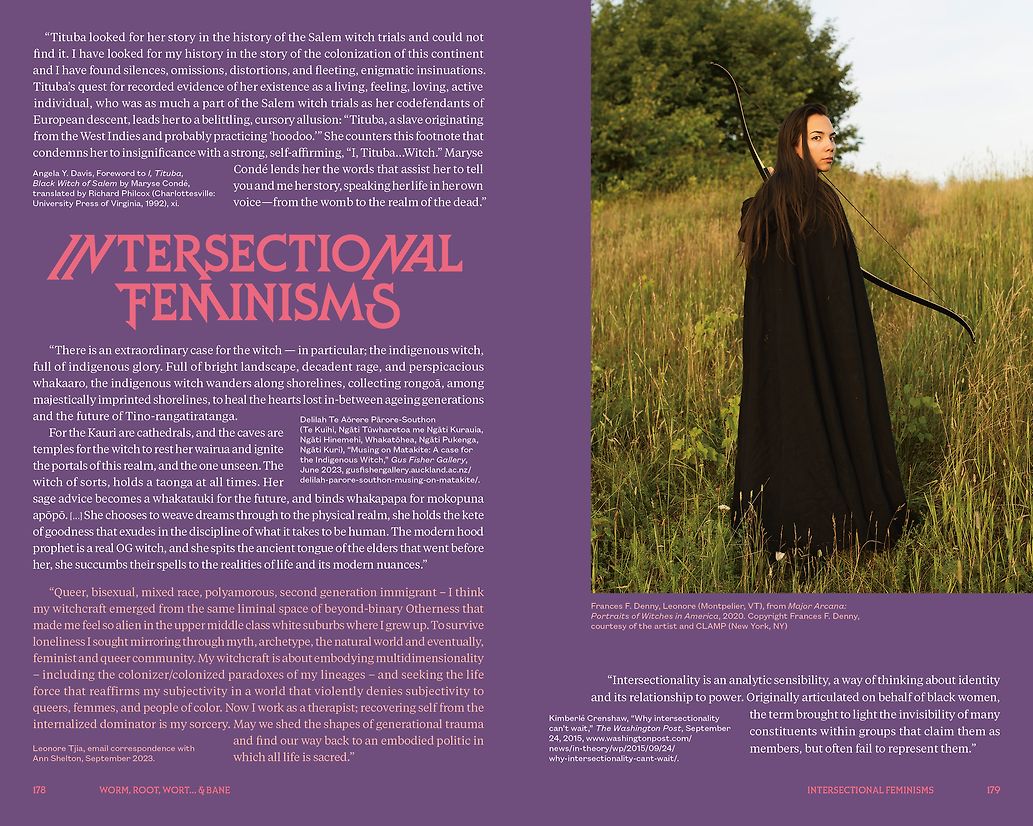
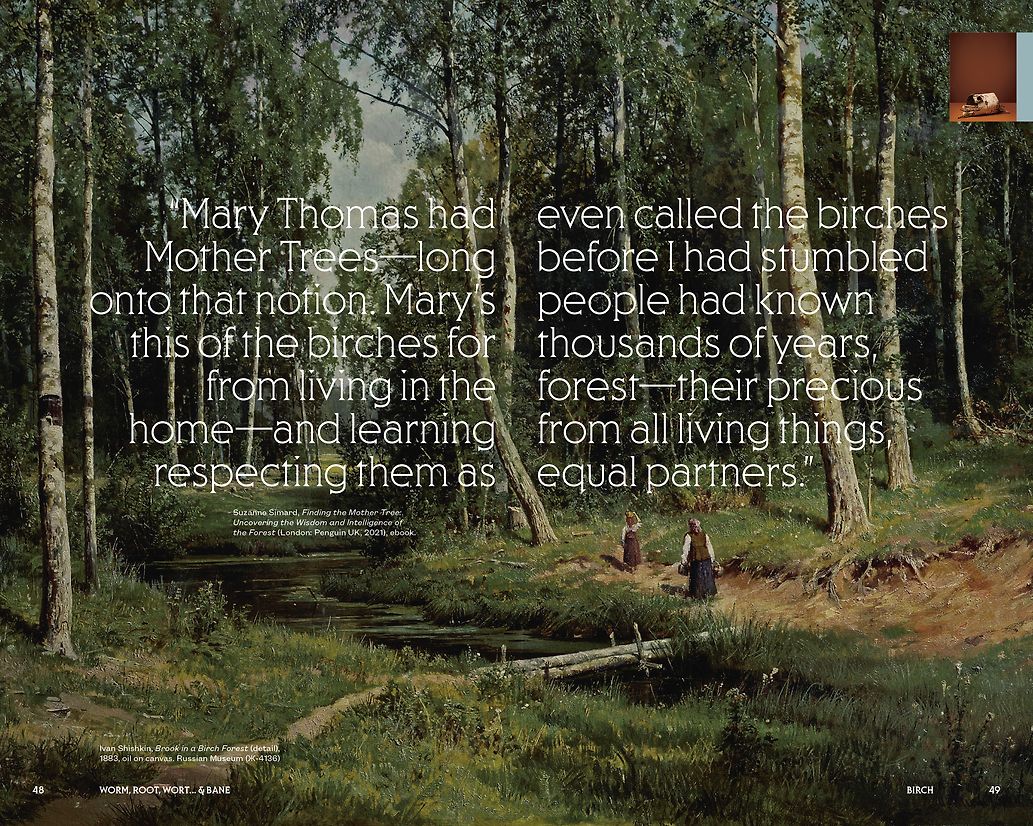
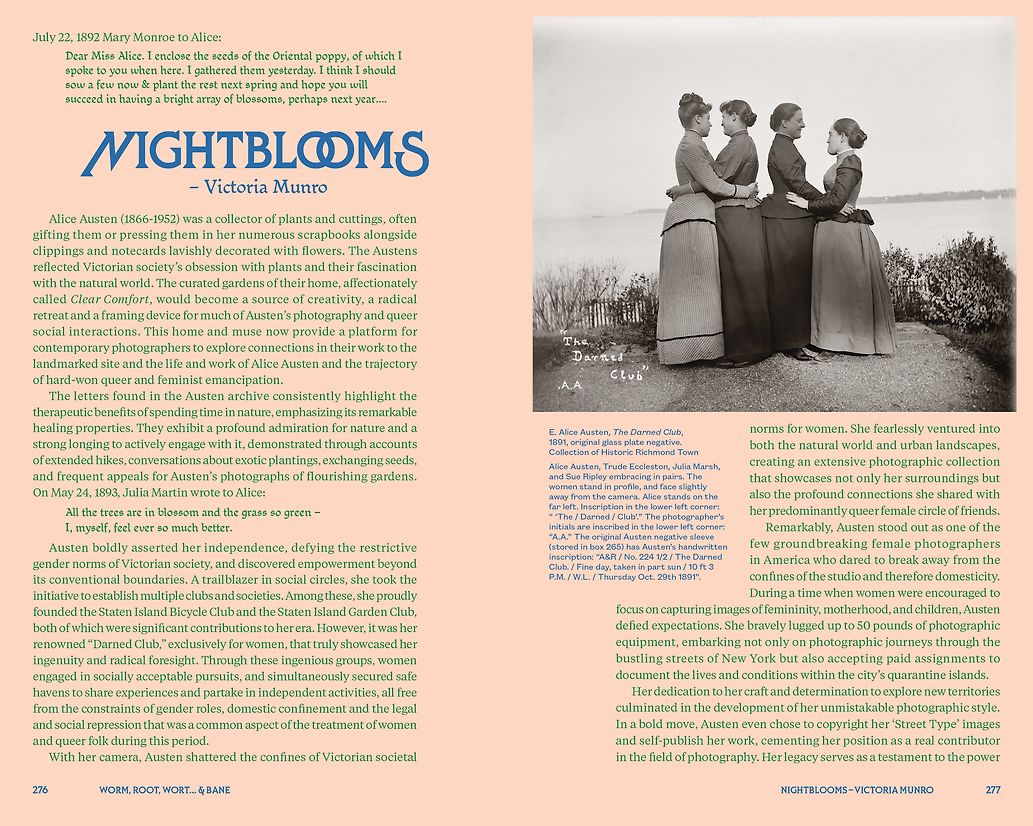
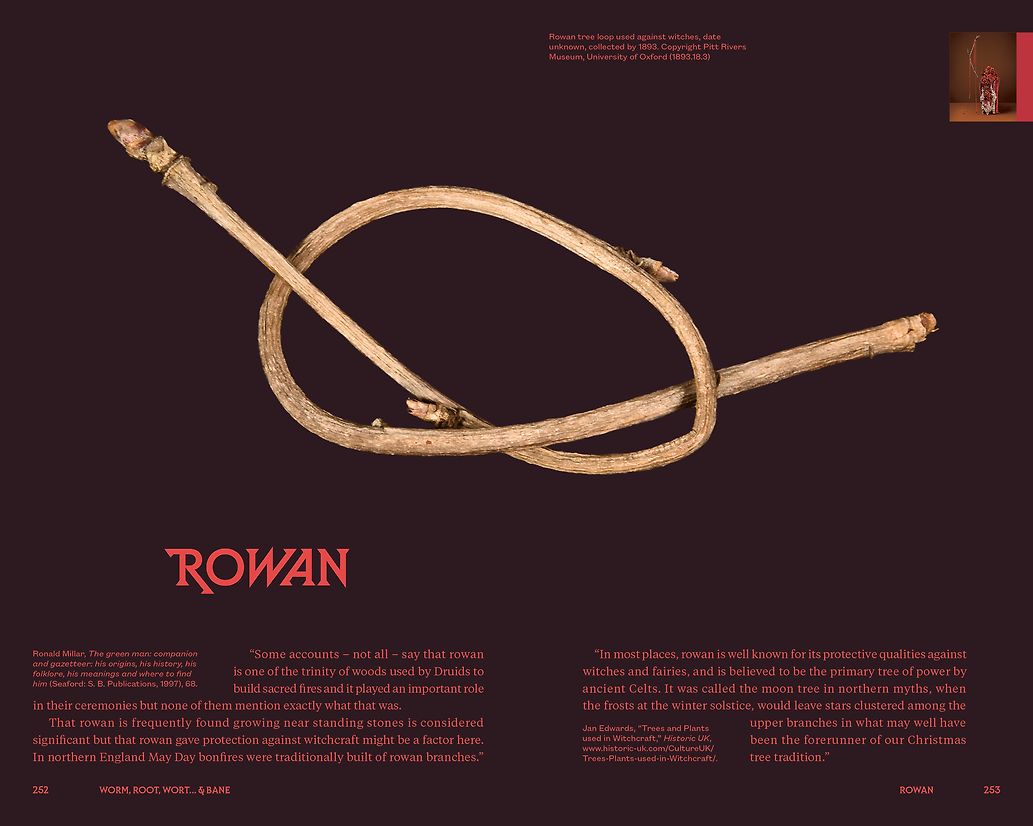
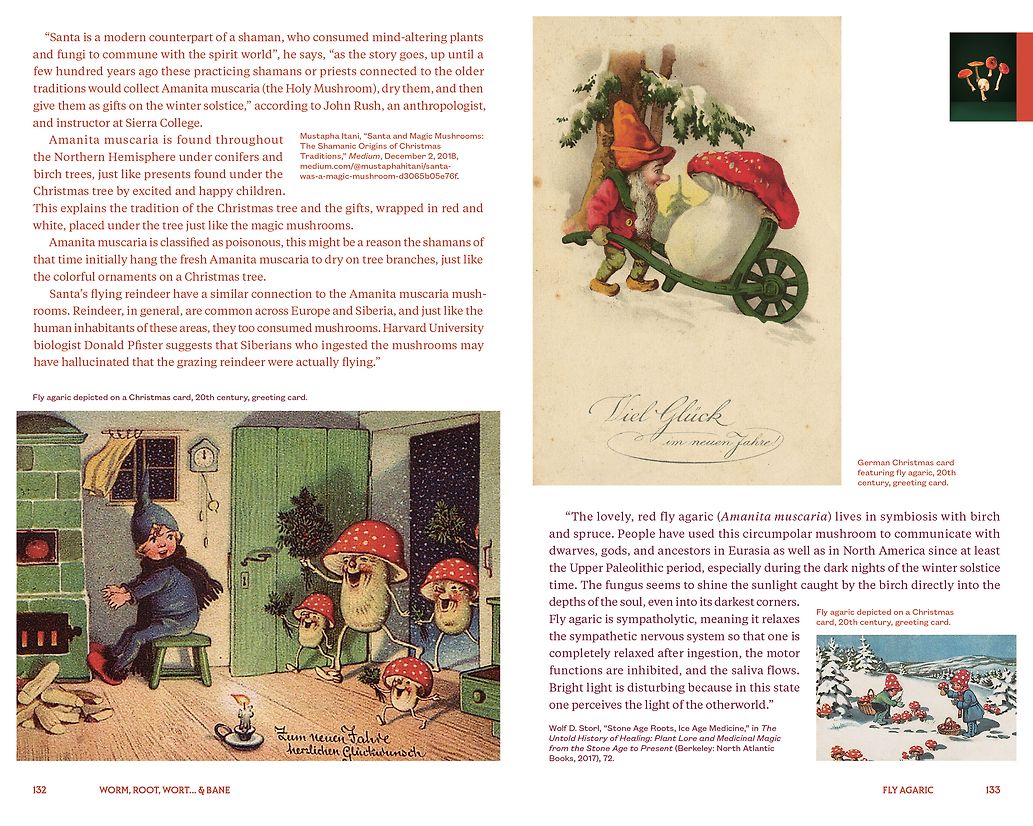
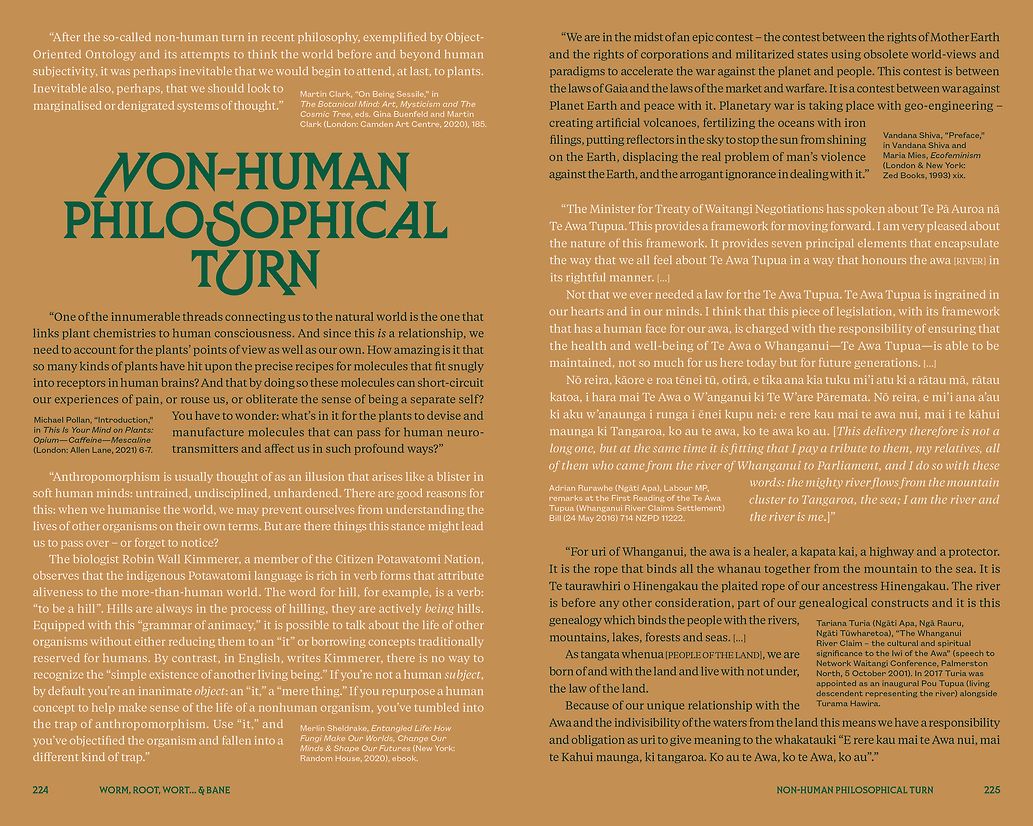
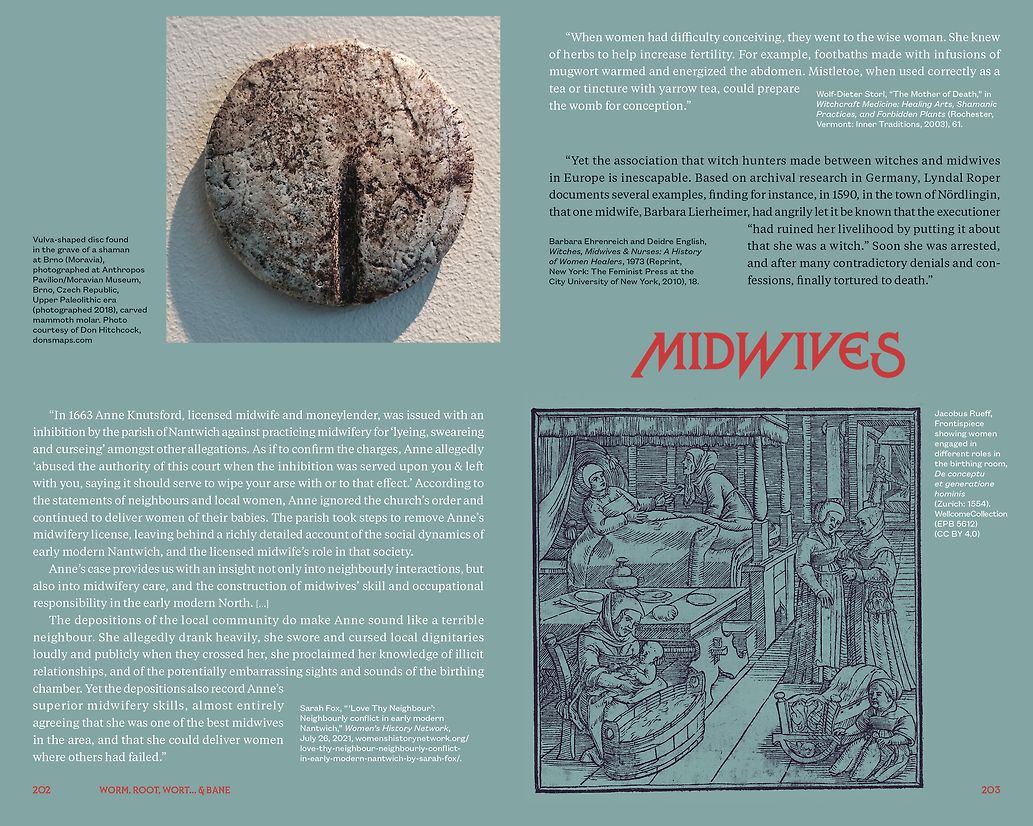
Description:
Ann Shelton’s art practice has had a long association with book making. Her most recent body of work, i am an old phenomenon, evolved in the midst of a huge body of research spanning an idiosyncratic collection of folk-lore, social history, herbalism, gardening know-how, feminisms, gender politics, spells, and witchcraft.
Shelton’s aim, through the book, is to create a place to house and for readers to engage with this research, and through it promote social change, renewed awareness, and an understanding of historic causal links, between the climate crisis, misogyny, and gender relations that are highlighted through these plant and social histories.
Part artist book and part scrapbook, photo book, quotography, and exhibition catalogue, worm, root, wort... & bane reassembles fragments of historical knowledge surrounding the medicinal, magical, and spiritual uses of plant materials, and the wise women, witches, and wortcunners who kept this knowledge safe. The book, published by Alice Austen House Press, showcases this research alongside the first 19 artworks from i am an old phenomenon (2022-ongoing), a series of photographs of plant sculptures constructed by the artist.
Overflowing with 300+ images and quotations, this carefully crafted book delves into the rich history of plant-centric belief systems, their suppression as Christianity spread and capitalism emerged in post-feudal Europe, and the estrangement between humans and the natural world that ensued. worm, root, wort… & bane situates us in this continuum, and points to the profound consequences of this rupture.
worm, root, wort... & bane invites readers on a journey through time, following the distancing of plant knowledge from women who held this expertise, through the period of the witch hunts and into the present (the majority of witches were women). This suppression of plant knowledge, beliefs, and practices, once deeply engrained in the lives of European forest, nomadic, and ancient peoples, was sometimes gradual and other times violent, as Christianity spread throughout Europe, and capitalism rose to replace feudalism. Tracing our relationship with plants onwards through the Victorian era to the present, worm, root, wort… & bane highlights the ripple effects of our changing relationship with plants in light of our current environmental crises.
worm, root, wort... & bane was published on the occasion of Shelton’s solo exhibition at Alice Austen House, New York, in 2024.
Judge's comments:
Technically complex and beautifully constructed. Incredibly skillful typesetting given the sheer amount of content packed into such a small format. The dense design reflects the nature of the artist’s work and the layouts are compelling.